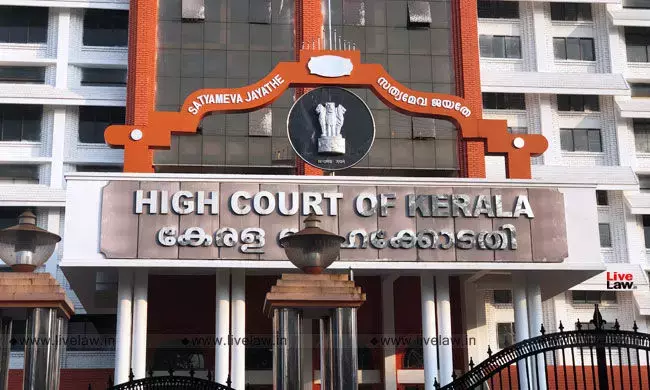Limitation Period For Filing Motor Accidents Claim Applicable Only Prospectively From April 1, 2022 : Kerala High Court
Athira Prasad
5 July 2022 3:13 PM IST

Next Story
5 July 2022 3:13 PM IST
The Kerala High Court on Friday while allowing an original petition, held that the limitation period for filing motor accident claims as per Section 166(3), which was introduced by Motor Vehicles (Amendment) Act 2019, only has a prospective effect. Justice Amit Rawal remarked, "Otherwise, with the stroke of the amendment, the right available to the injured and the claimants of...
